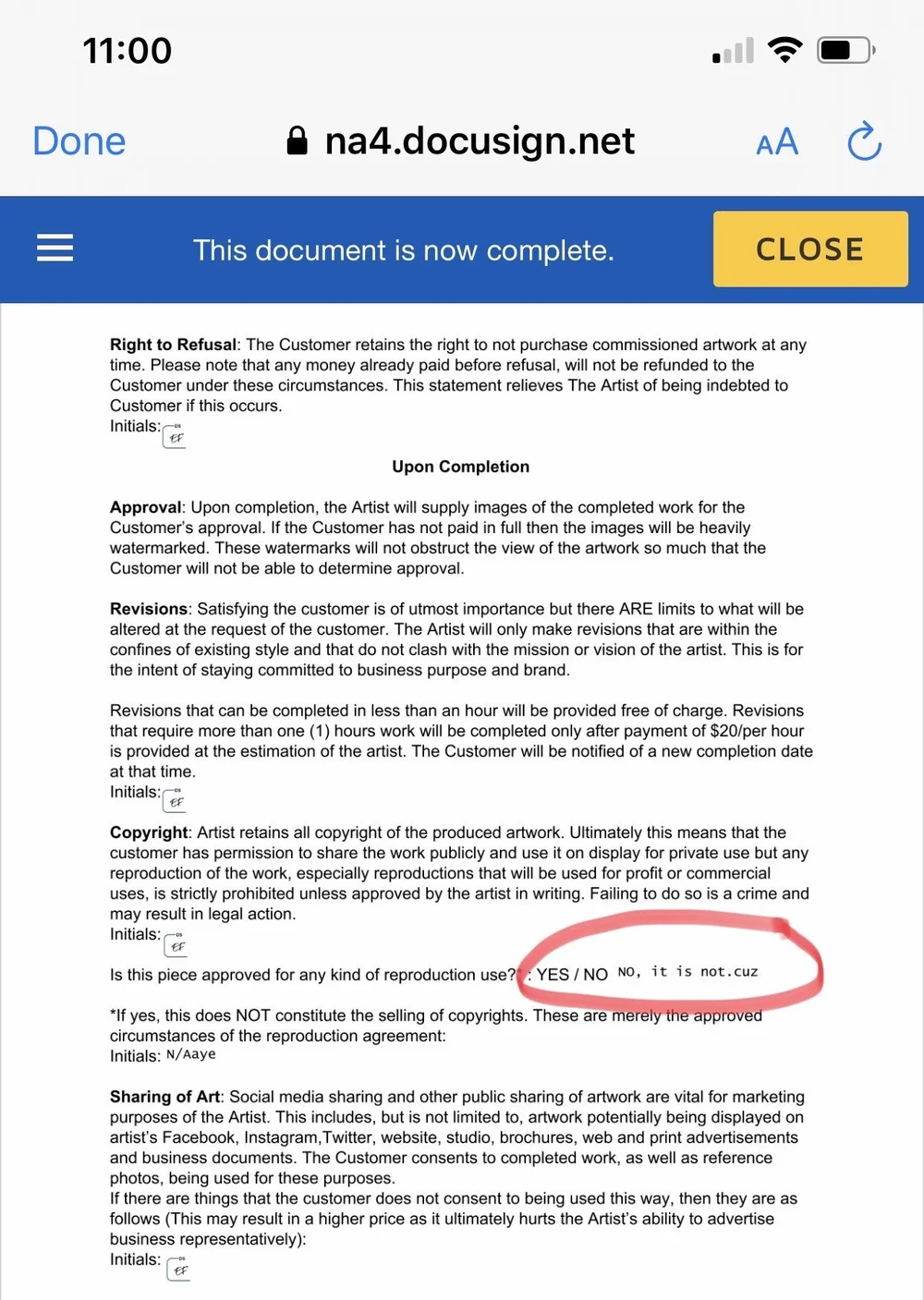What Does Commissioned Mean - Project commissioning is the process of ensuring that all systems and components of a building or industrial facility are designed, installed, tested, operated and maintained in accordance with the operational requirements of the owner or end customer. The commissioning process can be applied not only to new projects, but also to existing units and systems that are subject to expansion, renovation or remodeling.
In practice, the commissioning process is the integrated application of a set of technical techniques and procedures to inspect, inspect and test each operational component of a project: from individual functions (such as instruments and equipment) to complex amalgamations (such as modules, subsystems). and systems).
What Does Commissioned Mean
![]()
Commissioning in the wider NE is applicable to all phases of the project from basic and detailed design, procurement, construction and assembly to the final handover of the unit to the owner, sometimes including the stage of assisted operation.
European Solidarity Corps
The main objective of commissioning is to perform a safe and orderly handover of the device from the designer to the owner, to guarantee its functionality in terms of performance, reliability, security and traceability of information. Additionally, when done in a planned and efficient manner, commissioning is usually a critical factor in meeting the schedule, cost, safety and quality requirements of a project.
For complex projects, the large volume and complexity of commissioning data, together with the need to guarantee sufficient traceability of the information, leads to the use of powerful IT tools, so-called commissioning management systems, which enable effective planning and monitoring of commissioning activities.
Currently, there is no formal education or college education that addresses the training or certification of a project engineer. There are various short courses and online courses available, but they are designed for qualified engineers.
Major civil and industrial projects for which commissioning as a separate discipline is as important as traditional engineering disciplines, i.e. civil, marine, chemical, mechanical, electrical, electronic, instrumentation, automation or telecommunications engineering include chemical and petrochemical plants, petroleum and gas. platforms and pipelines, metallurgical plants, pulp and paper plants, coal handling plants, thermal and hydroelectric plants, buildings, bridges, highways and railways. This explanatory article was originally written by Lillie Wenzel and published on 18 September 2017. Updated by Ruth Robertson on 19 September 2019. This explainer outlines the structure of the commissioning system before July 2022 when Integrated Care Boards become the statutory managers of most NHS care - soon we update it.
Difference Between A Military Officer And Enlisted
Commissioning is the process by which health and care services are planned, purchased and monitored. Here we look in more detail at the commissioning process, which organizations are involved and how it is changing.
The concept of commissioning was introduced to the NHS in the early 1990s when reforms separated the procurement of services from their provision and created a 'single market'. It was argued that making suppliers compete for resources would promote greater efficiency, responsiveness and innovation. These arrangements have evolved since they were introduced, including many changes in the structure and mission of the organizations that commission the care. The current arrangement was introduced by the 2012 Health and Social Care Act.
The majority of NHS England's budget is allocated to Clinical Commissioning Groups (CCGs). In 2018/19, CCGs spent £85.4 billion of the £112.7 billion spent by NHS England on the day-to-day running of health services.

When they were first established in 2013 there were 211 CCGs, but over time the number has changed and continues to change, as described in the joint commissioning section below.
Outcome Based Commissioning
CCGs have statutory responsibility for the provision of most NHS services, including urgent and emergency care, acute care, mental health and community services. Increasingly, they are also involved in the commissioning of primary care and some specialist services (see the joint mission section below).
CCGs are groups of local GP practices whose governing bodies include GPs, other doctors such as nurses and secondary care consultants, patient representatives, general managers and – in some cases – chief operating officers and local authority representatives.
As well as providing strategic oversight of the NHS, NHS England is responsible for the direct commissioning of certain services. This includes specialist services such as neonatal services and treatment of rare cancers and primary care, including GPs, pharmacists, dentists and opticians – although these responsibilities are increasingly shared with CCGs (see below). NHS England also outsources some public health services such as immunization and screening programmes, as well as healthcare for people in prisons and secure units and some services for the armed forces.
NHS England's total direct commissioning spend in 2018/19 was £24.5 billion and the majority of their commissioning functions are delivered by seven regional teams.
Adelita Husni Bey: Playing Truant
In addition to direct commissioning services, NHS England is responsible for ensuring the quality of commissioning of CCGs through an annual evaluation process.
Local authorities are responsible for commissioning publicly funded social services. This includes services provided to people in their own homes as well as residential services. In 2017/18, total spending by local authorities on social care for adults was £21.3 billion.
As of 2013, local authorities are also responsible for commissioning many public health services, including sexual health services, health visiting, school nurses and addictions services (as mentioned above, some public health services are commissioned by NHS England). Since 2013, funding allocated to local authorities for public health has been ring-fenced (ie cannot be used for other purposes) and in 2019/20 the public health grant to local authorities was £3.1 billion. The government has not yet taken a decision on whether the subsidy will continue to be earmarked in future years as well.

In addition, Health and Wellbeing Committees, formal local authority committees bringing together local authority and NHS representatives, are responsible for undertaking joint needs assessments with CCGs and developing a joint health and wellbeing strategy for local people.
Fda Commissioned Corps Officers On The Front Line Of Covid 19 Response
Support for commissioning activities is available from Commissioning Support Units (CSU) and a range of private and voluntary sector organisations.
These organizations support commissioners in a number of ways. For example: it helps them plan and manage services by providing access to real-time information about the local health system; enable them to achieve better outcomes in population health and integrated care through analytical and transformational support; and support their operational functions by providing transactional services such as finance and payroll administration.
Following a series of mergers, there are now five CSUs in England and they are currently managed by NHS England. They provide services for a range of organizations including local authorities and hospitals, as well as CCGs and NHS England, increasing their support for whole systems, not just individual organisations. In 2019/20, NHS England asked them to focus more resources on supporting Sustainability and Transformation Partnerships (STPs) and in particular Integrated Care Systems (ICS) (see below for more on what these are).
The current system is based on measures set out in the Health and Medical Care Act 2012, which aimed to put GPs at the forefront of the recruitment process. Although the structures of the law have remained in place since it came into force in 2013, the way it is operationalized in practice has evolved since then – and is still evolving. NHS England and NHS Improvement have proposed legislative changes to support these new ways of working, but there is currently no timetable for bringing proposals to Parliament.
Quality Of Life
Important changes in commissioning include delegation of certain responsibilities from national to local organizations and systems and increased collaboration between different commissioning organizations and between managers and suppliers. All these changes are intended to support the development of more integrated care systems, where services are better co-ordinated across the NHS and social care; and increasingly a "population health" approach that considers how best to use local resources to address all factors that contribute to health.
Some of the most important changes that have occurred and are likely to shape the evolution of commissioning over the next few years are described in the following sections.
The NHS Five Year Outlook (2014) set out the aim of giving CCGs greater influence over the NHS budget. The aim was to support the shift of investment from acute to primary and community services. Consequently, all CCGs now have some role in commissioning general practitioner (GP) services through a partnership agreement with NHS England. The form of this arrangement varies according to the degree of devolved responsibility: while almost all CCGs now have responsibility for GP commissioning fully devolved to them (this is NHS England's preferred model), a small number have different arrangements.

NHS England recently put forward plans to give local schemes (rather than just commissioners) a greater say in spending a dedicated commissioning budget in their area. In 2019/20 new arrangements will be developed where the Sustainability and Transformation Partnership (STP) and Integrated Care Systems (ICS) (more on these below) will be given an advisory role in the planning of specialist services. Local areas may request to take on greater responsibility, although there is no uniform model for this and proposals are approved on a case-by-case basis. Greater Manchester is an example
What Is Commissioning And How Is It Changing?
What does it mean to be commissioned, what does commissioned officer mean, what does commissioned mean in art, what does non commissioned officer mean, what does a commissioned officer do, what is commissioned work, what does it mean to be a commissioned officer, what does commissioned art mean, what is commissioned art, what is commissioned officer, what is a commissioned painting, what does commissioned
0 Comments